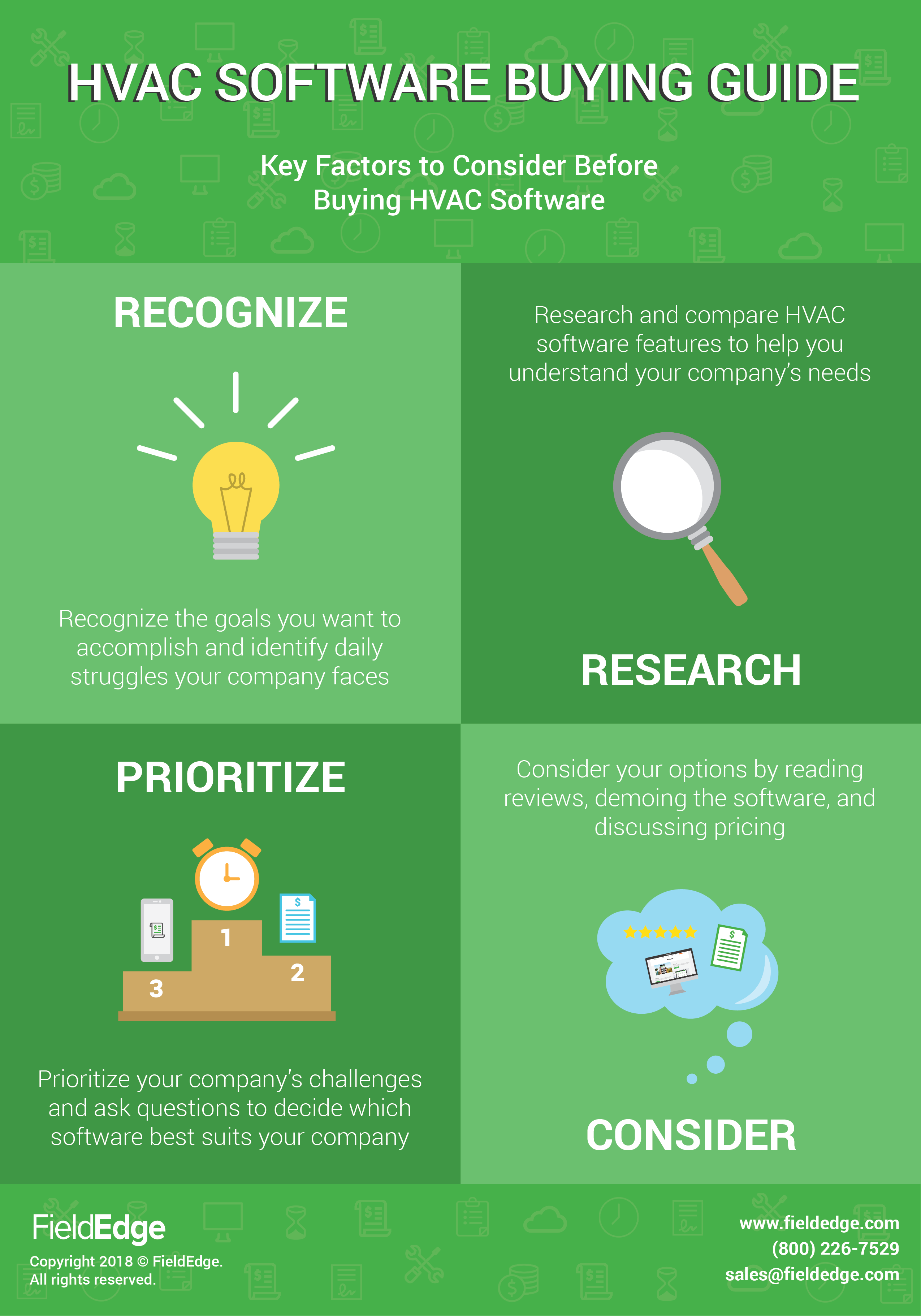Heatpump Vs Heater - Which Is The Better Heating Alternative For Your Home?
Heatpump Vs Heater - Which Is The Better Heating Alternative For Your Home?
Blog Article
Web Content Writer-Huff Rose
Numerous home owners know with furnaces, which warmth homes with oil or natural gas and press hot air via ductwork. They are reasonably inexpensive and can supply trusted home heating even during a winter months power interruption.
Nevertheless, they make use of nonrenewable fuel sources and produce carbon monoxide and various other air contamination. They also aren't as energy-efficient as a high-efficiency heat pump.
Cost
Typically, heat pumps are more budget-friendly to operate than heaters. They typically make use of electrical power and cooling agent to extract heat from exterior air, and after that transfer it into your home. You can benefit from less costly power rates throughout off-peak hours to even more lower your heating expenses.
Unlike heat pumps, gas or wood-burning heaters use combustion to create warmth, discharging flue gases right into the ambience that can be harmful to your health. These heating systems are likewise less energy-efficient than heatpump, and their greater operating expense can build up gradually.
Heaters are more challenging than heat pumps and require normal upkeep to make sure the correct function of all components. In spite of this, they often tend to last longer than heat pumps with a typical life expectancy of two decades or more. Nonetheless, you'll need to consider the price of gas, gas oil or timber and the additional devices required for installation and operation such as ducts and air flow systems.
Energy Performance
Heat pumps have a higher power effectiveness rating than heating systems. These systems utilize electricity to scavenge heat from the air, also in freezing temperatures. They can additionally eliminate excess warmth from the home throughout warmer months and recycle it to cool the system. copyright specialists can aid you establish the best design for your home based on environment and source energy costs.
Heating systems burn gas oil, propane, gas or various other sorts of fossil fuel to warm the air in the home. This air is then distributed via ductwork using a huge fan. Furnaces create greenhouse gases and need routine maintenance and equipment upgrades to make sure secure operation.
The biggest benefit of a heater is that it can be run even in severe winter months conditions because it does not rely on outdoor temperatures to warm the air. Heating systems also have a longer lifespan than heat pumps and typically last 15 years. They can also be paired with double gas alternatives, which select one of the most reliable heating choice based upon the climate.
Climate
Heatpump function well in moderate environments and utilize much less source energy than furnaces. Nevertheless, if your area is incredibly cold, you might need to purchase a common gas heating system rather.
Heaters give warm, relaxing heat and commonly use quick home heating to raise indoor temperature levels. These systems can be made use of with a variety of fuel types, including gas, lp, oil or electrical power.
They take in more power than heat pumps-- up to 3x as much-- and need ductwork that's expensive to set up or retrofit. They're additionally a lot more costly to preserve, as they can cause air high quality concerns and generate greenhouse gas emissions.
If you're dedicated to reducing your carbon impact, a heat pump is a good option for your home. They have less greenhouse gas exhausts than heating systems, especially if you choose an ENERGY STAR ® heatpump. Your regional Service provider professional can discuss the distinctions in between these 2 heating unit and help you make the very best decision for your one-of-a-kind demands.
Individual Preferences
Heating systems can be really power efficient when powered by natural gas, propane or oil, yet they aren't as energy efficient as heat pumps in cold climates. pop over here can also be a lot more expensive to install, requiring gas lines and ventilation systems.
Nonetheless, heating systems tend to call for less maintenance, which can cause reduced continuous costs. heat pump installation cost christchurch produce fewer greenhouse gases and are much more trusted than heat pumps during severe climate.
Electric heat pumps are extra versatile in producing interior comfort due to the fact that they can likewise function as a/c throughout warmer months. They can be easier to keep, requiring only routine air filter modifications and periodic vacuuming.
If you prefer the ease of a solitary system that does it all, take into consideration a hybrid heating remedy that sets a furnace with an electric heatpump. These systems can immediately switch between both heating options based on your home's requirements and temperature level conditions, making the most of efficiency and cost savings.